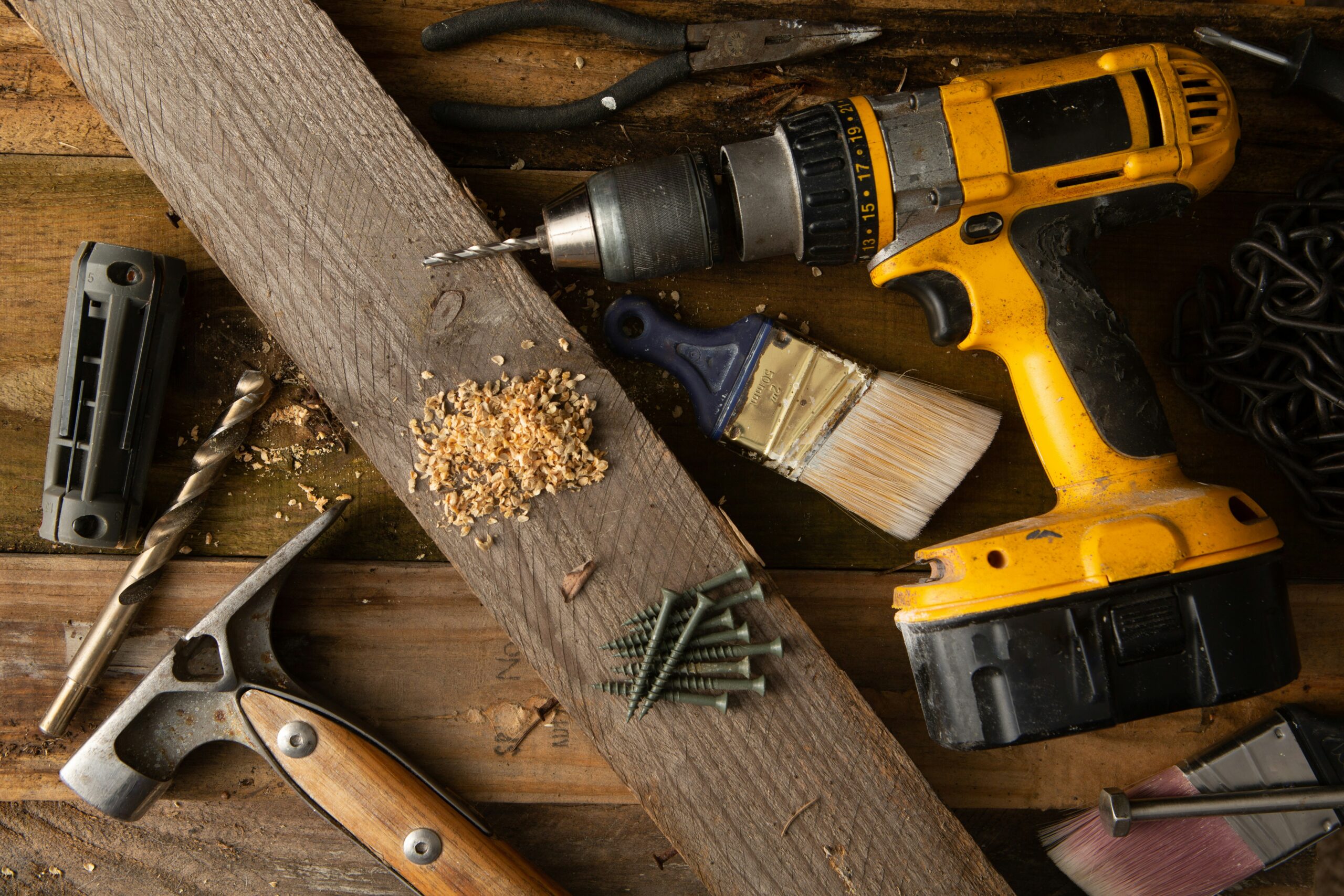Setting Up a Trade Business: Financial Tips Before You Go Solo

Starting a trade business is a bit like tackling a big reno job – exciting, a little daunting, and totally doable with the right plan. If you’re an electrician, plumber, carpenter or any tradie ready to go solo, you’ll need more than just your toolkit to succeed. You don’t have to become a finance guru, but understanding some money basics will keep your business out of trouble. In this guide, we’ll walk through budgeting, taxes, business structure, invoicing, insurance, loans, and when to call in the number-crunching pros – all tailored for Australian tradies.
Build Your Budget and Safety Net
Before you hand in your notice and fire up the ute with your own logo, take a good look at your finances. Budgeting for a new trade business means knowing your costs (tools, vehicle, fuel, supplies) and your personal expenses (rent, groceries, family needs) so you can cover them even if business starts slow.
Set aside a financial safety net – at least 2–3 months’ worth of operating costs. That way, if a big client is late paying or work slows down, you won’t be stuck scrambling. It’s a buffer that gives you peace of mind while you build momentum.
Tax Basics: GST, BAS and Income Tax
Handling taxes might not be the highlight of starting a trade business, but it’s non-negotiable. Here’s a quick breakdown:
-
ABN: Essential for invoicing, claiming expenses and avoiding extra withheld tax.
-
GST: If you expect to earn $75,000 or more a year, you must register. You’ll charge 10% on top of your prices and submit regular BAS forms to the ATO.
-
BAS (Business Activity Statement): Lodged quarterly, this is where you report GST collected, GST credits from purchases, and other tax obligations.
-
Income Tax: As a sole trader, your profit is your income – so no one’s deducting tax for you. Put aside 20–30% of every payment to cover your tax bill. If you set up a company, the business pays corporate tax and you’ll draw a salary or dividends.
Good records are essential. Save every receipt and invoice, and consider using accounting software to keep things tidy.
Sole Trader vs Company
Choosing your business structure is a major decision.
-
Sole Trader: Easy to set up, lower admin. You report business income in your personal tax return. But you’re also personally liable for business debts.
-
Company: Offers limited liability protection and may provide tax advantages. But it comes with more complexity, costs, and admin responsibilities.
Most tradies start out as sole traders and move to a company structure once they scale. If you’re not sure what’s right, talk to an accountant early.
Invoicing and Managing Cash Flow
You can be the best tradie around, but if you don’t get paid on time, the business can still fall apart.
-
Send invoices promptly. Ideally, the same day you finish a job.
-
Use clear terms. Include payment deadlines, itemised work, and your payment details.
-
Offer multiple payment options. Make it easy for clients to pay.
-
Set reminders. Chase up overdue invoices quickly and professionally.
Consider requesting a deposit for big jobs or progress payments to avoid cash flow bottlenecks. Keep an eye on your bank balance and upcoming expenses so you’re not caught off guard.
Insurance and Super: Protect What Matters
Running your own trade business means looking after yourself and your gear.
-
Public Liability Insurance: Covers damage or injury to clients or the public.
-
Tools & Equipment Insurance: Helps replace stolen or damaged tools.
-
Vehicle Insurance: Ensure your work ute is covered for business use.
-
Income Protection: Pays you a portion of your income if you’re sick or injured and can’t work.
-
Superannuation: Not compulsory if you’re a sole trader, but absolutely worth it. Aim to contribute regularly – your future self will thank you.
Shop around for a tradie-specific insurance bundle and choose a super fund that suits your needs.
Financing Tools and Vehicles
Need a ute or new gear to get started? Financing might help spread the cost.
-
Vehicle or Equipment Loans: Often available through banks or specialist lenders. These may be secured loans with relatively low interest rates.
-
Low-doc Loans: Useful if you don’t yet have full financials.
-
Business Credit Cards or Lines of Credit: Good for small purchases or working capital – just manage them wisely.
Only borrow what’s essential to get up and running, and factor repayments into your cash flow plan.
Get a Good Accountant or Bookkeeper
You don’t need to DIY everything. A good financial pro is worth every cent.
-
Bookkeepers keep your day-to-day records in order.
-
Accountants help with tax planning, compliance, structure advice, and financial strategy.
They’ll help you claim the right deductions, stay compliant, and save hours of admin. Plus, their fees are tax-deductible.
Ask around for recommendations, ideally someone with experience in the trades. And remember, investing in a solid financial setup from the start can save you a world of pain later.
Final Word
Going out on your own is a big move, but a smart one if you’re ready. With the right financial foundations – budgeting, tax planning, structure setup, insurance, invoicing, and expert advice – you’ll be in a strong position to grow a business that gives you freedom and security.
Start with a plan. Back yourself with the right tools – not just in your toolbox, but in your finances too. And when in doubt, get help from someone who knows the numbers.
Any advice is general in nature only and has been prepared without considering your needs, objectives or financial situation. Before acting on it, you should consider its appropriateness for you, having regard to those factors. Before making any decision about whether to acquire a financial product, you should obtain the Product Disclosure Statement.
Latest News Articles
Back to Latest News
What a Financial Plan Actually Looks Like

Realistic Budgeting Tips for Australians in 2026


